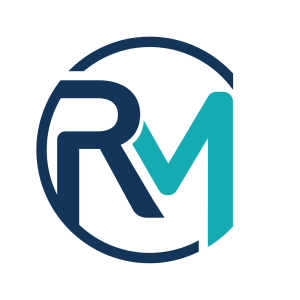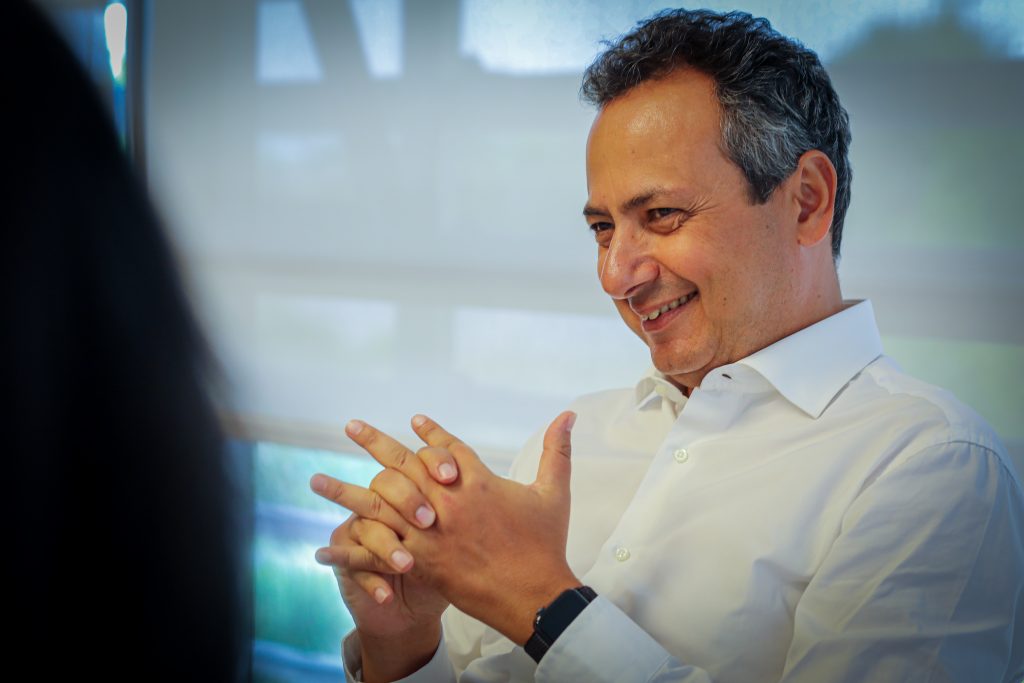TBY talks to Abdeslam Ababou, Chairman of Red Med Finance, on SME financing, FDI, and the future of digitalization in Morocco.
Could you please introduce the company?
Red Med Group is an independent investment bank specializing in corporate finance and asset management established in Morocco in 2004. Red Med Finance (RMF) provides a wide range of advisory and financial services to governments, major international and local companies as well as SMEs. RMF’s core business includes: mergers and acquisitions transactions, financing through conventional products and capital markets, privatizations, and strategy consulting.
In that context, Red Med Finance has developed expertise in key industries such as education, health, telecommunications, renewable energies, natural resources, agribusiness, retail, pharmaceutical, banking, insurance, and others. Red Med Asset Management (RMAM), approved by AMMC (“Autorité Marocaine du Marché des Capitaux”) has more than USD600 million under management through a range of eight UCITS funds (such as monetary, bonds, equity, diversified, and dedicated funds).
Can you tell us more about your clients?
Regarding asset management activity, we are working with major institutional Moroccan investors including private and public pension funds, insurance companies, banks, SMEs and individuals. In 2019, RMAM has been selected through a tender offer launched by a one of the largest pension funds in Morocco to manage a dedicated UCITS aligned with its risk/return profile. With respect to the corporate finance activity, RMF and its employees have contributed to the realization of some of the most important transactions in Morocco catering for both international and national companies. RMF has also advised SMEs to successfully move up to new levels in terms of size and governance. RMF’s services are based on tailored and innovative solutions to capture sustainable value for its clients, regardless of the size of the transaction.
Do you have any partnerships to assist with SME financing?
SMEs, which are keystones of the development of the Moroccan economy, are involved in different activities pertaining to health, education, trade, agriculture, crafts, and tourism. However, they face difficulties in accessing adequate financing due to the constraints of the banking system, the limited availability of alternative financing (private equity, crowd funding, capital markets) and also to the lack of resources available to them. The various public and private actors are fully aware of the economic and social importance of a strong and sustainable development for SMEs. In this context and in consultation with various public and private partners, RMF’s main priority for the coming years is to strongly contribute to this project by providing effective support to SMEs in order to get competitive access to sources of financing combined with the adequate governance.
Would FDI be a solution?
Growth in Morocco is now mainly supported by public investment and consumption. Public investment has enabled Morocco to acquire quality infrastructure and to successfully address environmental issues through the implementation of major renewable energy projects. These investments have also helped to reduce the impact of the 2008 economic and financial crisis on Morocco. Nevertheless, public investment has a limit in terms of volume and impact for an inclusive and sustainable growth. Also, the increase in private investment, both international and national, is necessary for Morocco to reach the minimum growth level needed of 7/8% per annum to address the crucial economic and social challenges ahead. In this context, FDI is part of the solution, especially driven from Morocco’s historical and natural partners. In fact, recent investments have shown that they can help strengthen the competitiveness of companies in their national markets for the benefit of both countries. This is not only the case for major high-profile investments such as Renault or Peugeot but also others. Finally, the vast majority of investments in Morocco have generated high returns, which is appreciable in this environment of very low growth. Indeed, the Moroccan economy is undercapitalized and reacts positively to the injection of capital combined with good governance.
What is your opinion on human resources development in Morocco?
As far as our business is concerned, we are fortunate to have access to very talented young people who have the best training/experience, both professional and academic. As far as Morocco is generally concerned, education has begun to take priority over recent years, but the results remain well below expectations. Also, the education, vocational, and civic training of young Moroccans requires the mobilization of all the forces of the country, both public and private. This mobilization must use all available materials and tools (school, university, vocational training, etc.) and draw inspiration from the best international benchmarks with optimal use of modern tools (digital, e-learning).
What will happen in the finance sector in the coming years regarding digitalization?
In the last few years, digital technologies have created disruption in the financial sector all over the world. Technology innovation is enabling the digital deployment of traditional financial services and second-wave services. Digital technologies regarding the financial sector in Morocco are still at an early stage of development but growing fast. Digitalization is particularly important to promote financial inclusion, improve economic productivity, and related development objectives. In fact, according to Bank Al-Maghrib, more than one-third of Moroccans do not have access to a bank account. A lack of access to such basic financial services hampers entrepreneurship and holds back economic growth. In the coming years, we will probably see the emergence of Moroccan fintechs that will unleash the potential of Moroccan digital start-ups, promote financial inclusion, and help the country reach its development objectives.
What is your wish and vision for 2020?
Morocco is a kingdom with great potential but also with great challenges. Efforts must be made to develop the country not only through its natural resources and economy but also through its people. My ambition is to contribute to an environment that will give young people every opportunity to develop their projects for their own good and for the good of the society. We need to attract all those talented young people and give them the tools to develop their skills. My goal for Red Med is to play a role in this direction. We will heavily focus on financing, which we have highlighted as an objective for 2020, and will assist SMEs and young people to gain access to competitive financing. This is something that we are working on, and I would like Red Med to become one of the key players in this field.



